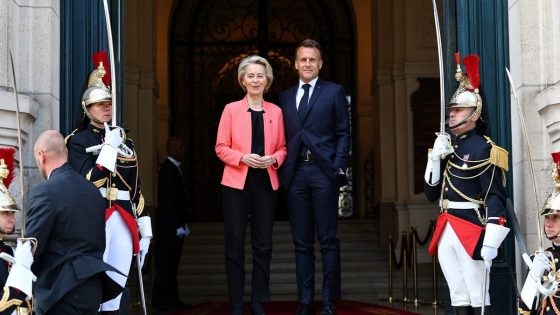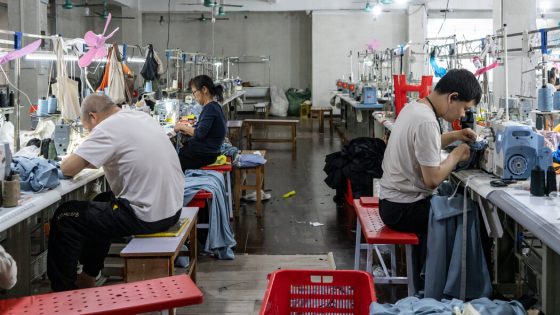The European Union is gearing up to enhance its research landscape with ambitious new initiatives aimed at fostering innovation and scientific freedom. In a recent announcement, Ursula von der Leyen outlined plans for a “European Innovation Act” and a “Startup and Scaleup Strategy,” set to launch by 2025-05-05 14:42:00. These initiatives aim to reduce bureaucratic hurdles and improve access to venture capital, turning groundbreaking science into viable business opportunities.
- European Innovation Act proposed by Von der Leyen
- Focus on cutting red tape for startups
- EU aims for 3% GDP on research by 2030
- Macron's "Choose France for Science" initiative
- Criticism over French researchers' working conditions
- Previous climate plan during Trump's presidency
Von der Leyen also emphasized the importance of legally safeguarding scientific research across Europe through a proposed “European Research Area Act.” She urged EU nations to allocate 3% of their GDP to research by 2030, a target that has proven elusive for years.
In parallel, French President Emmanuel Macron recently unveiled his “Choose France for Science” initiative, which aims to attract top researchers. However, it has faced backlash from local academics demanding better salaries and working conditions to compete with U.S. institutions. Can these European efforts truly elevate their research capabilities to match those of the U.S.?
As Europe strives to enhance its research environment, one key question arises: will these initiatives lead to tangible improvements in scientific output? The focus on innovation and funding is crucial, but challenges remain.
- EU aims for 3% GDP spending on research by 2030.
- Macron’s initiative faces criticism from local researchers.
- Can Europe effectively compete with U.S. research funding?
As these initiatives unfold, stakeholders in the U.S. should monitor their progress closely. Will Europe succeed in creating a more dynamic research environment?

































